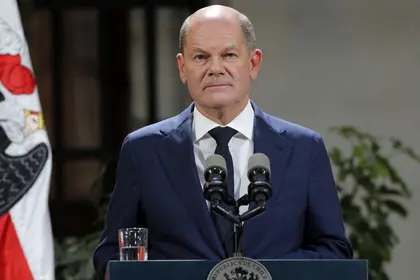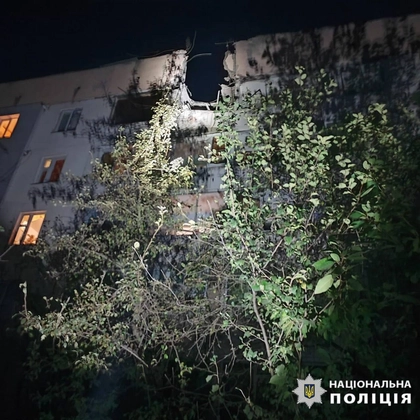We’re only a few days past the protracted and often acrimonious international debate over sending heavy tanks to Ukraine but already the conversation in Europe’s capitals has turned to fighter jets.
Who’s going to send fighter jets?
Calm down, no one right now but there have been a number of calls to provide Ukraine with them.
Obviously, this has been led by President Volodymyr Zelensky who thanked Berlin and Washington for last week pledging heavy tanks, but then immediately stressed that Ukraine needed more heavy weapons from NATO allies to fend off Russian troops – including fighter jets and long-range missiles.
He’s also been supported by some big names in the U.S. in the form of a bipartisan trio of senators who last week released a press statement calling for the bolstering of military support for Ukraine by sending ATCAMS long-range artillery systems and F-16 fighter jets.
Sheldon Whitehouse (Democrat - Rhode Island), Lindsey Graham (Republican -Tennessee), and Richard Blumenthal (Democrat -Connecticut) said even more advanced weapons systems were still needed to “erode Russia’s capability to continue fighting in Ukraine.”
In a statement released on Jan. 27, they said: “While the tanks represent a tremendous upgrade in Ukraine’s military, we urge the Biden Administration and our allies to send more long-range artillery, such as ATACMS, and fighter aircraft such as F-16s and MiG-29s.

South Korea Demands 'Immediate Withdrawal' of North Korean Troops in Russia
“The combination of tanks, fighter aircraft, and ATACMS will help Ukraine confront the upcoming Russian offensive and go on offense in both the East and the South in an attempt to further erode Russia’s capability to continue fighting in Ukraine.
“Let’s give the Ukrainians everything they need to win – now.”
How did that go down?
It hasn’t led to any concrete reaction just yet and Germany has felt the need to quash the idea of sending fighter jets.
Chancellor Olaf Scholz reiterated on Sunday that Germany will not send fighter jets to Ukraine, saying: "I can only advise against entering into a constant bidding war when it comes to weapons systems," Scholz said in an interview with the Tagesspiegel newspaper.
"If, as soon as a decision (on tanks) has been made, the next debate starts in Germany, that doesn't come across as serious and undermines citizens' confidence in government decisions."
Why is he so resistant?
Scholz in the interview warned against raising "the risk of escalation", with Moscow already sharply condemning the tank pledges.
"There is no war between NATO and Russia. We will not allow such an escalation," he said.
The chancellor added that it was "necessary" to continue speaking with Russian President Vladimir Putin. The last phone call between the leaders was in early December.
"I will talk to Putin by phone again," Scholz said. "But of course, it's also clear that as long as Russia continues to wage war with unabated aggression, the current situation will not change."
You can also highlight the text and press Ctrl + Enter






